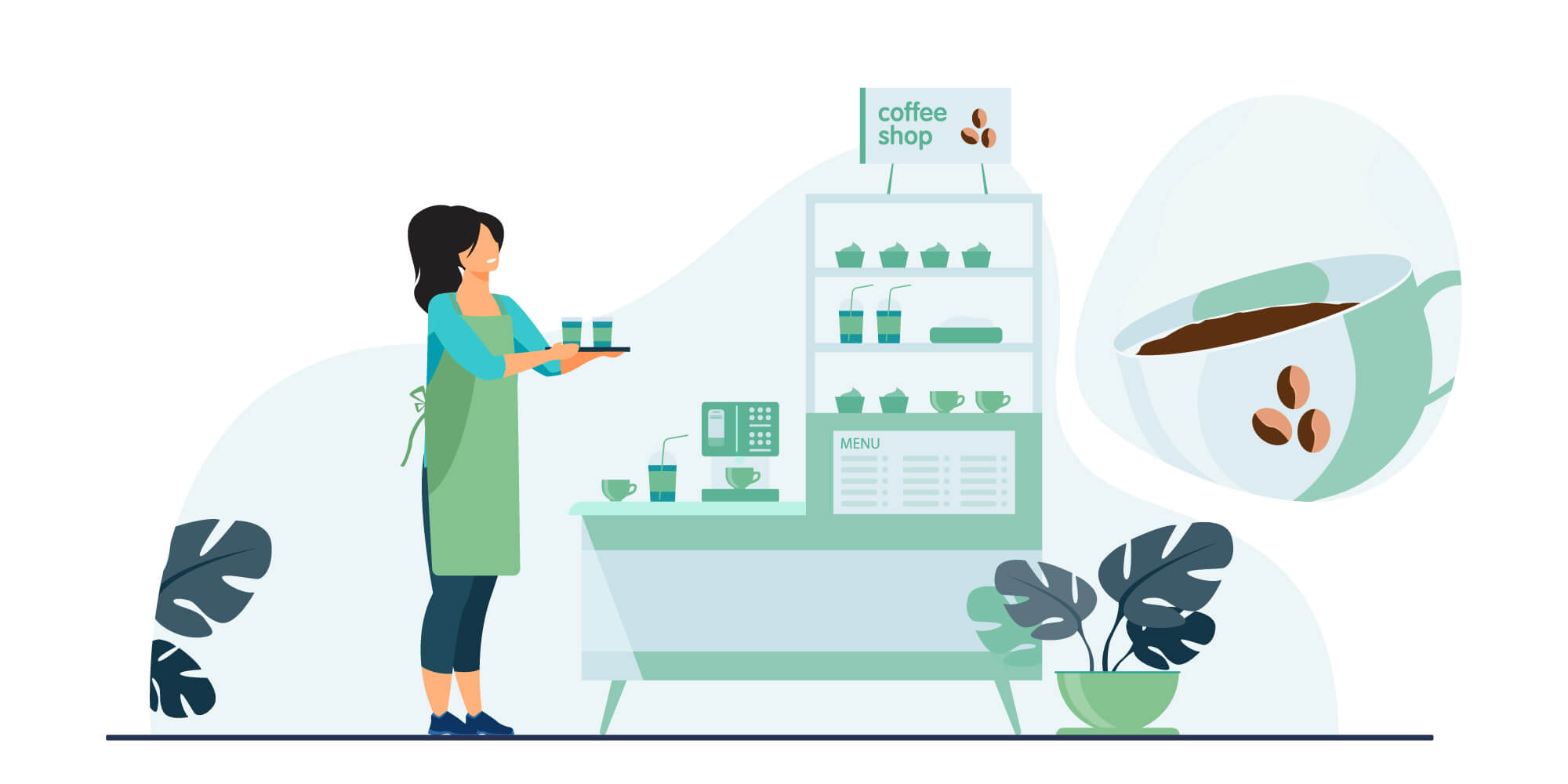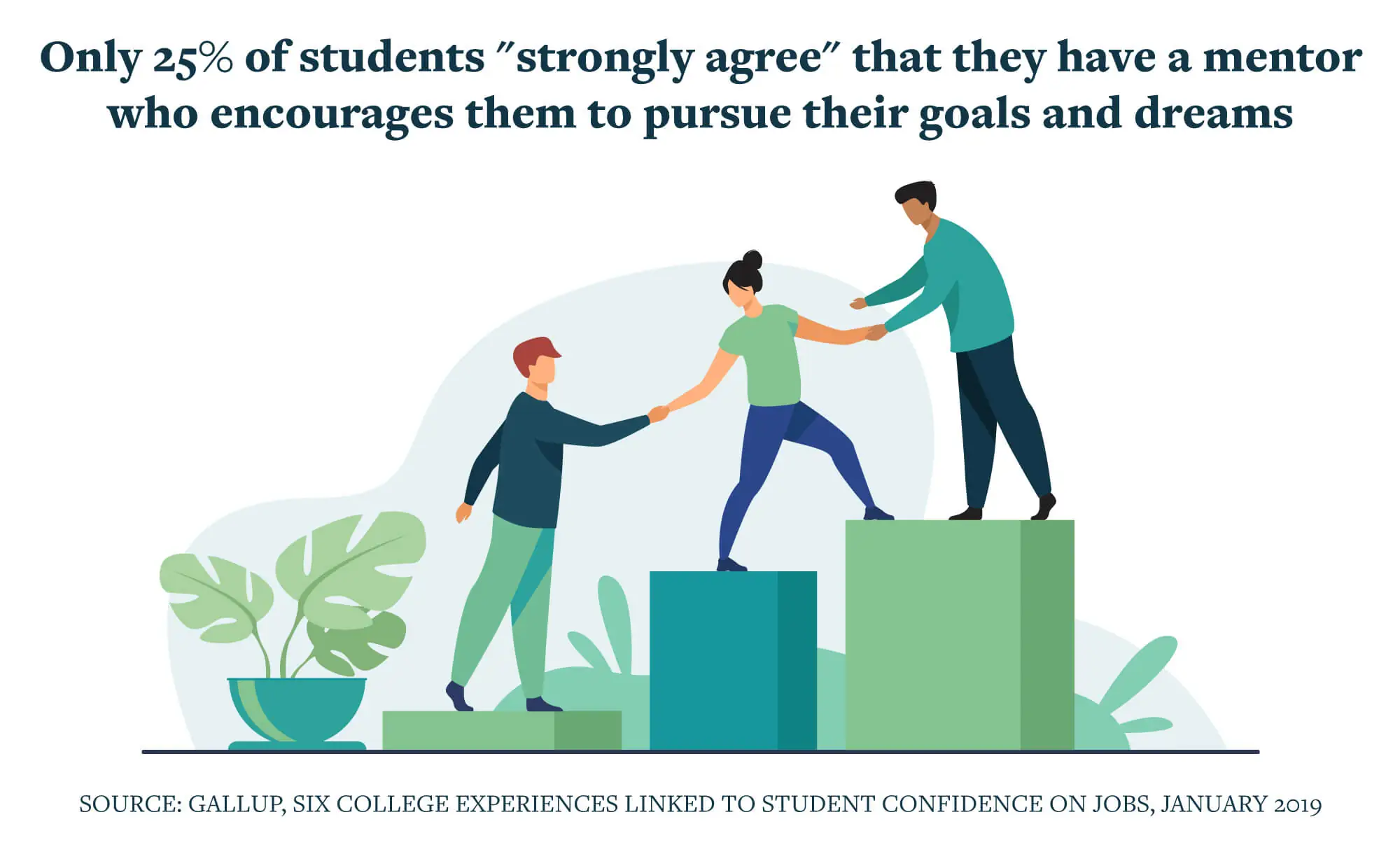Alumni & Advancement
Coffee and Community: What Makes a College Experience
The Scramble to Adopt to Zoom University I was in Miami when Georgetown University sent its first email announcing a […]
Alumni & Advancement
The Scramble to Adopt to Zoom University I was in Miami when Georgetown University sent its first email announcing a […]

The Scramble to Adopt to Zoom University
I was in Miami when Georgetown University sent its first email announcing a temporary transition to a virtual learning environment. Looking back, I was oblivious to the severity of the situation that would soon unfold for rising seniors like myself and thousands of other college students. My stereotypical Miami spring break was hijacked by a global pandemic unlike any other. Within days, I went from relaxing on South Beach to stuffing my belongings in a storage unit and taking an overpriced flight to Seoul, South Korea. The remainder of my junior year had somehow turned into an unsolicited crash course in crisis management.
The last few months have been a blur. I’ve struggled to make sense of the abrupt shift in my education that happened overnight. Back in April, Zoom lectures with a 13-hour time difference forced me to find focus at odd hours of the day. My professors were generous with their patience, but school was truthfully less of a concern for me than my ongoing search for work experience. Like many rising seniors, I grew increasingly worried about how my summer would shape up. The gravity of finding a meaningful internship the summer before senior year had been drilled into our psyche from day 1. With no access to on-campus career fairs or walk-in appointments at the Cawley Career Education Center, things were not looking good. Add to that an unfurling economic recession that was laying off employees left and right, and all potential opportunities seemed to wither into regretful cancellations or incidents of ghosting.
With the lingering uncertainty of the fall, it’s hard to ignore the elephant in the room. Is this how I’ll spend my senior year at Georgetown too? As the viability of my on-campus higher education has come into question, I’ve asked myself what my three years have meant to me so far, stripped down to its core. Will Georgetown’s value to me persist across the digital boundary even if I can’t return to campus in the fall?
A CEO at 21
I’ve done the math, and it turns out I’ve taken over 1,300 hours of classes in three years. However, it isn’t my favorite courses like “American Disasters in Film and Fiction” or “Memory, Power, and Culture” that come to mind when I recall my time in college. At the Hilltop, as Georgetown is nicknamed, my memories are rich with immersive experiences and meaningful relationships. Just weeks after starting college, I was hired into The Corp, an entirely student-run nonprofit corporation on Georgetown’s campus which operates seven food-service retail stores. Picture around 300 undergraduate students managing a salad cafe, coffee shops, and convenience stores, and you get the idea. I feel incredibly lucky to have served as a barista and cashier since my freshman year. As a junior, I even got to run the show as The Corp’s President and CEO.

To a freshly minted executive with no prior management experience, I found The Corp’s student-run legacy my greatest source of pride and my biggest challenge. Although I had to overcome a huge learning curve, nothing could beat the tangible realness of handling $4 million dollars in annual revenue, meeting with University President John DeGioia, and negotiating a ten-year master lease with Georgetown officials. After my year-long term, I can look back proudly at the person I’ve grown into. I can now say that I’ve led a four day leadership retreat for a 20-member team, handled highly sensitive personnel issues, and overseen an organizational restructuring initiative. I know that when I think of Georgetown years down the line, I will always recall the privilege of contributing to a 47 year old student-run legacy and working alongside some of my closest college friends.
It Takes a Village and More
Of course, I’d be remiss to reflect on my time as a Hoya without mentioning the indispensable mentorship I’ve had from the Baker Scholars Program, a network of student leaders and alumni that share an interest in business and a commitment to community service. From advice about rent negotiations when I signed my first lease to introductions to experts in different fields, my mentors have given me unparalleled guidance and support. Chris often shares links to podcasts (some about negotiations, others about music) and Sarah gives the best advice on being a CEO and successfully balancing relationships. I’m overwhelmed with gratitude to think that my mentors, who are arguably the busiest people I know, are also so selfless with their time and energy. Moments like these have laid the foundation for my success in and out of my Corp experience. They’ve allowed me to redefine my understanding of mentorship—a relationship with just as much connection to birthday messages, Facetime catch-ups, and quarantine book clubs as career advice and networking.

As my reflections have sunk in, I’ve been humbled to recognize that I am the beneficiary of a tremendous experiential learning opportunity, amplified by the guidance of my mentors. I have lived the powerful model of a mentored immersive experience and personally felt its ability to transform my education and career. Yet, my appreciation is not without the important recognition that so many others lack the accessibility to such experiences. Especially today—a time when systemic inequity is accentuated by the world’s Covid-induced state—I am thrilled to be working with PeopleGrove to make these opportunities accessible to all students, regardless of background or social capital. I hope to lend my stories to the development and adoption of this model as the “new normal” across campuses as we collectively work to democratize connection and social mobility.